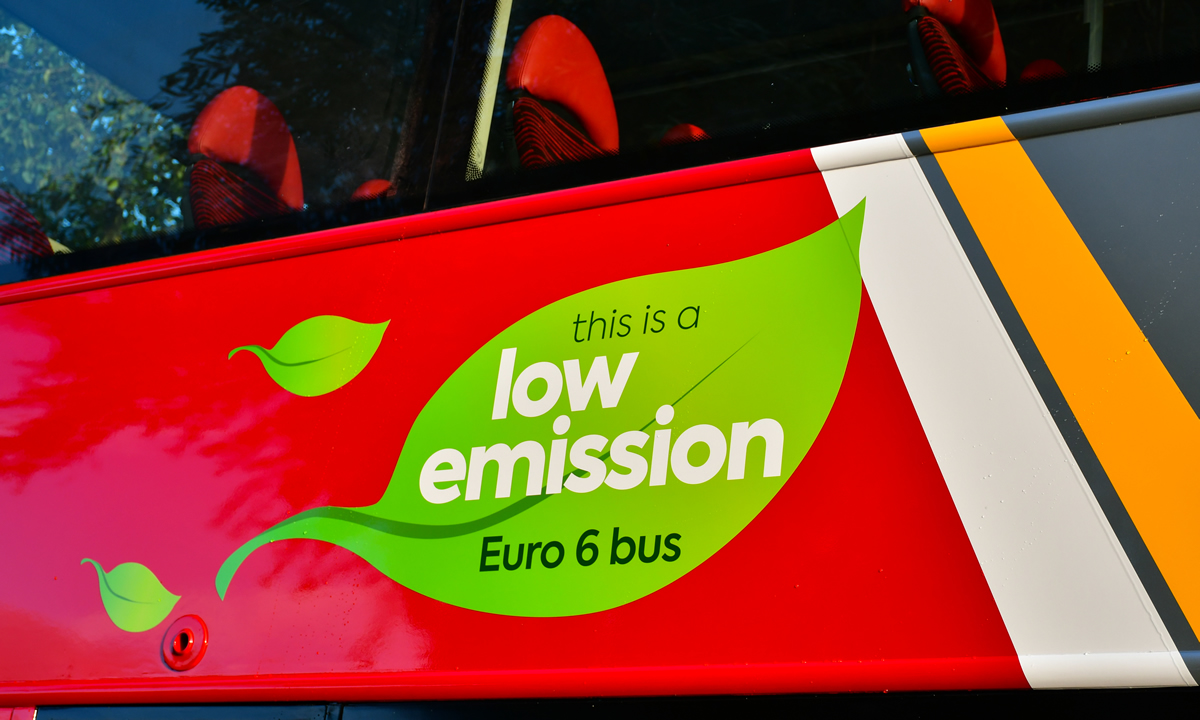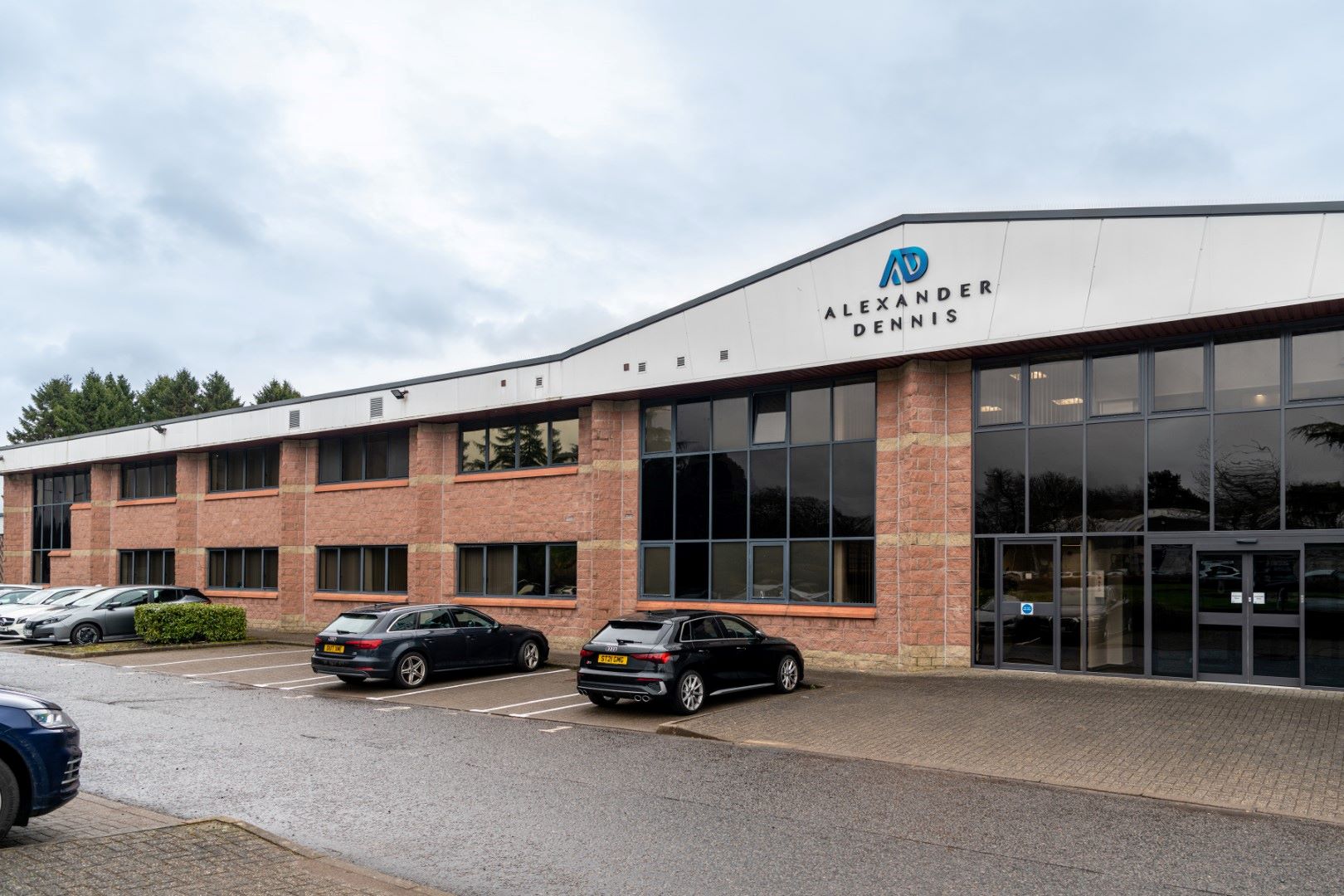The government has announced the permanent end of a scheme funding selective catalytic reduction (SCR) exhaust retrofits amid publication of a report which confirms it was not as effective as previously thought.
As brought to light by routeone in June 2023, new Clean Vehicle Retrofit Accreditation scheme (CVRAS) funding had been paused after the emergence of new evidence which cast doubt on the real-world emission reductions of nitrogen oxide (NOX).
A new report which was thus commissioned by the then Conservative government to investigate further has today finally been published – nine months after Labour says it was finalised.
In a statement, Transport Secretary Louise Haigh says the report shows that real-world performance of bus retrofit SCR technology is “highly variable”.
The latest report notes that, out of a sample of around 3,500 buses, the previously cited 80-90% in NOX reductions was achieved in only in around a third of cases. It was found to have minimal effect in others and, on average, was only 11% effective versus non-retrofitted Euro V vehicles.
It even goes so far as to add: “Recent measurements of ambient NO2 suggest that, in some locations where retrofitted buses make up a substantial proportion of local road traffic, roadside NO2 concentrations could increase because SCR technology increases the fraction of NOX emitted as NO2.
“There is a risk that, in some situations, efforts to reduce NOX emissions could cause emissions of ammonia to increase.”
The newly published report found the causes of lower-than-expected real-world efficacy were numerous and included incorrect functioning of retrofit systems, the condition of bus engines and low catalyst operating temperatures.
Action now required from operators
The government says £94 million was allocated in funding via CVRAS, which was launched in 2017. It adds that around 8,800 buses in England were upgraded by means of the fund.
Operators with active vehicles which were part of the scheme will now need to provide performance data “as a condition of the buses remaining on the list of CVRAS-accredited vehicles”.
Ms Haigh explains: “We will work with bus operators and retrofit suppliers to encourage a step change in monitoring and maintenance of retrofit systems to get the best possible performance from the retrofitted buses currently in service.
“This will include ensuring that buses are providing live data showing retrofit performance so that operators and depots can prioritise and target essential maintenance on the poorest performing buses.”
The statement concludes by asserting the government’s commitment to identify alternative measures to deliver compliance with legal NOX levels.
CPT responds
Keith McNally, Confederation of Passenger Transport (CPT) Operations Director, says: “CPT remains committed to working closely with all stakeholders, including government bodies and operators, to ensure that the investments made in retrofitting technology yield the best possible results.
“Both the government and operators have invested in this technology in good faith, and CPT will continue to advocate for solutions that maximise the environmental benefits while ensuring operators can achieve optimal performance from retrofitted buses.”



























